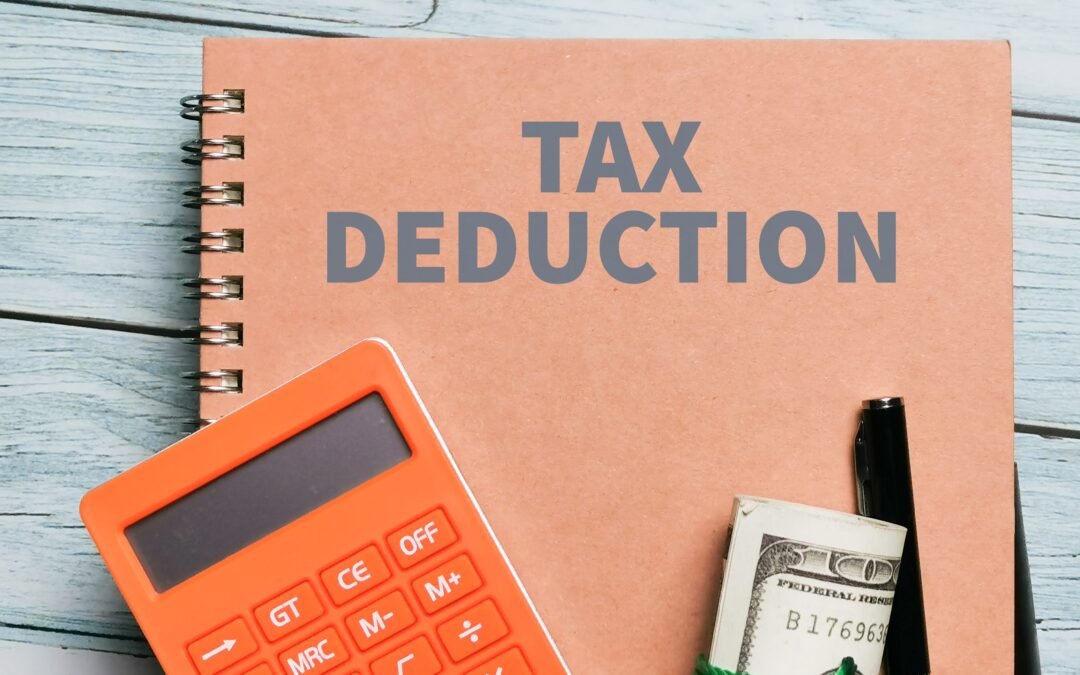For small business owners and freelancers in the UK, maximizing tax deductions can significantly reduce the amount of tax you owe and keep more money within your business. Knowing which expenses you can deduct will help you avoid leaving money on the table. This guide will cover essential tax deductions for UK businesses, freelancers, and self-employed individuals, so you can optimize your tax return.
Why Maximizing Tax Deductions is Important
Tax deductions lower your taxable income, reducing the amount of tax you pay to HM Revenue & Customs (HMRC). Staying informed about allowable deductions can help improve your cash flow and profitability while ensuring compliance with UK tax laws.
1. Home Office Deduction
If you work from home, you can claim a portion of your home expenses as a business expense. This includes costs for utilities, rent, or mortgage interest. You can either claim Simplified Expenses (a flat rate based on hours worked) or the actual expenses method for more accurate claims.
- Tip: Keep records of your working hours and household expenses to justify the claim.
- Learn more: Claiming business expenses if you’re self-employed
2. Office Equipment and Supplies
Purchases made for business purposes, such as computers, printers, software, and office furniture, are often tax-deductible. These fall under capital allowances, and you can claim the full or partial cost of these items through Annual Investment Allowance (AIA).
- Tip: Keep detailed receipts for all office equipment purchases.
- Learn more: Claiming capital allowances
3. Vehicle and Mileage Expenses
If you use your vehicle for business purposes, you can deduct vehicle-related costs such as fuel, maintenance, insurance, and even parking fees. The UK allows you to choose between two methods:
- Simplified Mileage Allowance: Claim a flat rate per mile (45p for the first 10,000 miles and 25p after).
- Actual Costs: Deduct a percentage of the actual expenses related to business use.
- Tip: Keep a mileage log or use an app to track business trips.
4. Travel and Accommodation
When travelling for business purposes (conferences, client meetings, etc.), you can deduct expenses for transport, hotel stays, and even meals while travelling. Be cautious, though—personal travel costs are not deductible.
- Tip: Ensure that travel and accommodation expenses are solely business-related.
- Learn more: Business travel expenses
5. Marketing and Advertising Costs
Costs related to promoting your business are tax-deductible. This includes online advertising (Google Ads, social media), print marketing materials (brochures, business cards), and website development.
- Tip: Track all marketing costs throughout the year to claim the full deduction.
- Learn more: Marketing and advertising expenses
6. Professional Fees
Payments made to accountants, solicitors, or consultants for professional services are deductible. For instance, if you hire an accountant to file your taxes or seek legal advice for contracts, these fees can reduce your taxable income.
- Tip: Keep detailed invoices for any professional services used.
- Learn more: Professional services expenses
7. Staff Salaries and Benefits
If you employ staff, you can deduct salaries, wages, and employer National Insurance contributions (NICs). You can also deduct the costs of providing employee benefits, such as pensions, health insurance, or bonuses.
- Tip: Maintain accurate payroll records to ensure proper reporting.
- Learn more: Employer costs and benefits
8. Insurance Premiums
Insurance policies that protect your business are generally tax-deductible. This includes:
- Professional indemnity insurance
- Public liability insurance
- Employer’s liability insurance
- Tip: Ensure you only claim for business-related insurance policies.
- Learn more: Insurance expenses for businesses
9. Utilities and Rent for Business Premises
If you rent an office or business premises, you can claim deductions for rent and utilities such as electricity, water, and broadband. If you’re working from home, only the business portion of these costs is deductible.
- Tip: Track and allocate the exact proportion of utility costs used for business purposes.
- Learn more: Rent and utilities for business premises
10. Training and Development
Costs incurred for job-related training or professional development are deductible. This includes conferences, courses, and certifications that enhance your business skills or those of your employees.
- Tip: Ensure the training is directly related to your business operations.
- Learn more: Training and development expenses
11. Charitable Contributions
If your business donates to registered charities, those contributions may be deductible. Be sure the charity is registered with HMRC to qualify for the deduction.
- Tip: Keep receipts or acknowledgment letters from the charities to support your claim.
- Learn more: Charitable donations by businesses
12. Bad Debts
If your business extends credit to customers and fails to receive payment, you may be able to claim bad debt relief. This deduction helps offset losses from unpaid invoices.
- Tip: Keep records of invoices and documentation proving that the debt is unlikely to be recovered.
- Learn more: Claiming bad debt relief
13. Subscriptions and Memberships
If your business subscribes to trade publications, industry memberships, or professional associations, these expenses are tax-deductible. Subscriptions related to your business niche can help you stay informed and connected.
- Tip: Ensure subscriptions are directly linked to your industry or profession.
- Learn more: Allowable expenses for subscriptions
Conclusion: Maximize Your Tax Deductions
Maximizing tax deductions is essential for reducing your tax liability and keeping more money in your business. By staying informed about the various deductions allowed by HMRC—from home office expenses to marketing costs—you can make the most of available tax breaks. Make sure to keep detailed records and consider working with a tax professional to ensure you’re claiming all eligible deductions.
Need help optimizing your tax deductions? Contact us to speak with one of our accounting experts and learn how we can help maximize your tax savings.

Recent Comments